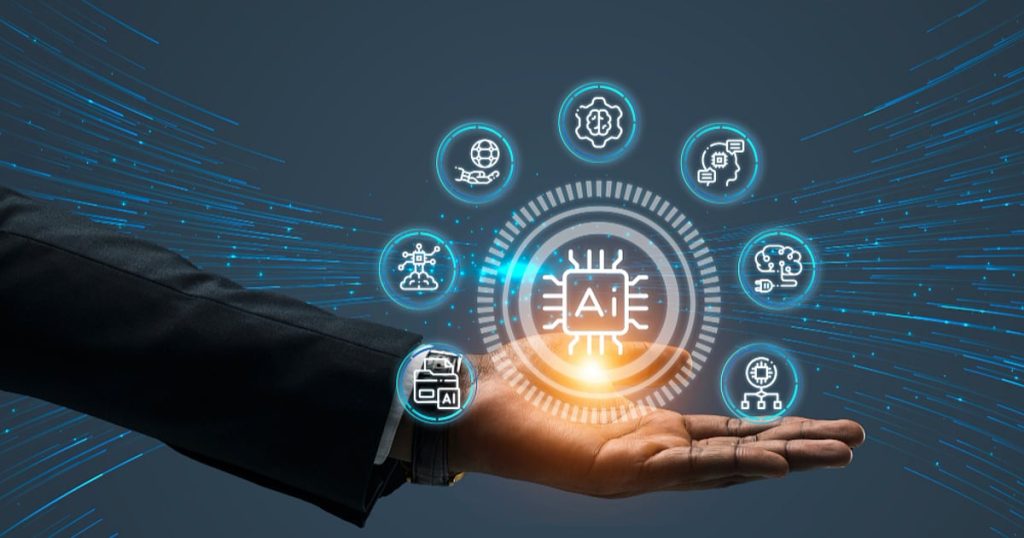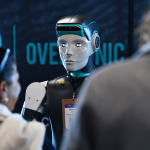
AI Is Changing Jobs — But Not The Way You Think
Author: Mallica Mishra | Source: NDTV Profit | Read the full article
The rise of artificial intelligence (AI) has sparked a lot of discussions about its impact on jobs. Many people worry that AI will take over their jobs, but experts believe that AI is more about changing how we work rather than replacing human workers. AI can perform tasks quickly and efficiently, which can help people do their jobs better. For instance, at a recent summit, Indian Prime Minister Narendra Modi emphasized that we are entering a new era where AI will play a significant role in shaping our future.
Research shows that employees are already using AI tools more than their managers realize, and companies are planning to invest more in AI technology. This shift is not just about automating tasks; it's about enhancing productivity and creating new opportunities in various fields. While some jobs may change or evolve, new roles will emerge, especially in areas that we haven't fully explored yet. The focus is on how humans can work alongside AI to improve their work experience and outcomes.
However, there are concerns that the benefits of AI might not be evenly distributed. Higher-wage workers may gain more from AI advancements, potentially increasing income inequality. Countries with advanced technology and infrastructure are better positioned to take advantage of AI compared to emerging markets. Despite these challenges, AI is expected to create new opportunities in sectors like healthcare and finance, allowing workers to focus on more valuable tasks while AI handles repetitive ones.


